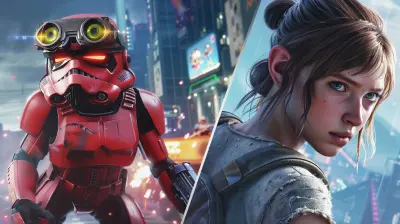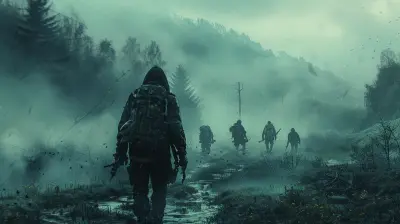How Mods Keep Players Hooked Even After Beating the Game
11 August 2025
Let’s face it—beating a game can sometimes feel bittersweet. On one hand, you’ve conquered the story, triumphed over near-impossible bosses, and earned the bragging rights you deserve. But on the other hand… what now? Do you shelve the game, never to touch it again? Do you jump to the next title in your backlog that’s been silently judging you all year? For many gamers, the answer lies in one beautiful word: mods.
Mods (short for "modifications") have become a lifeline for games long after their official content has dried up. From quirky character models that turn dragons into Thomas the Tank Engine to detailed overhauls that add entire new storylines, mods are the secret sauce that keeps players coming back for more. Let’s dive into why mods are so addictively good at giving games a second (or third… or fourth) life—and why they might just be gaming's greatest cheat code.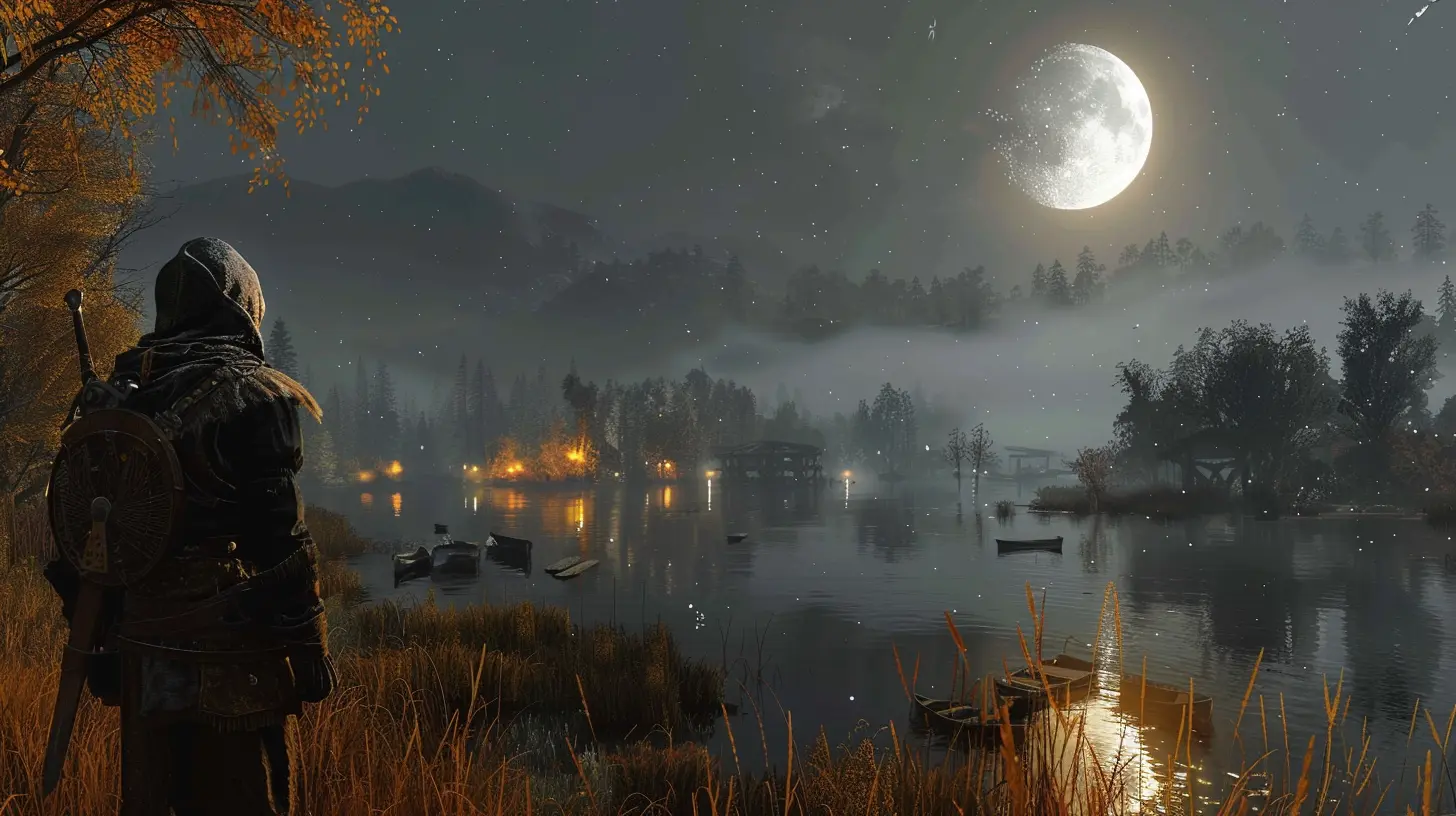
What Exactly Are Mods?
First, let’s break down what we’re talking about here. A “mod” is any player-made tweak, addition, or change to a game’s original code. Mods can be as simple as changing the color of a character’s outfit or as massive as creating entirely new game worlds. They’re created by gamers who dive deep into a game’s files, fiddle around, and unleash their genius ideas onto the world.Think of mods as customizable toppings on a pizza. The game might hand you a standard pepperoni slice, but mods let you pile on olives, pineapple (don’t @ me), or whatever else suits your palate. The result? A personalized experience that feels fresh no matter how many times you’ve devoured the original.
Mods: The Endless Replayability Engine
Once you’ve beaten a game and watched the credits roll, there’s often a lingering question: why go back? You’ve seen it all, haven’t you? Mods rip that question to shreds and stomp all over it.1. New Content That Feels Official
Some mods are so well-made they feel like a natural extension of the game. Take The Elder Scrolls V: Skyrim, for example. Sure, you’ve vanquished Alduin and shouted at more bandits than you can count, but then you stumble upon mods like “Enderal” or “Falskaar.” These mods don’t just tweak a feature or two—they add entire new regions, storylines, and hours of gameplay.It’s like getting a sequel for free. And who doesn’t love free stuff?
2. Infinite Creativity (Or Chaos)
If you’ve spent any time in gaming forums or Reddit threads (hello, fellow lurkers), you’ve probably seen some laugh-out-loud screenshots or absurd gameplay videos. That’s the chaos of mods at work.Remember when GTA V mods let you play as Iron Man or turn Los Santos into a zombie apocalypse? Or when someone decided The Witcher 3’s Geralt needed to wear speedos during every cutscene? The sheer creativity on display keeps players experimenting with mods long after they’ve mastered a game.
Mods don’t just breathe life into old games—they resuscitate them with a defibrillator made of pure absurdity.
3. The Power of Personalization
Mods let you own the game in ways the developers never imagined. Maybe you’ve always wanted to add a pet cat in Stardew Valley. Or perhaps the lack of a photo mode in your favorite title just doesn’t sit right. Mods let you tailor your experience with as much—or as little—customization as you want.It’s like decorating a room. Sure, the walls and flooring are fine as they are, but adding your favorite posters, string lights, and throw pillows makes it yours. Mods do exactly that for games.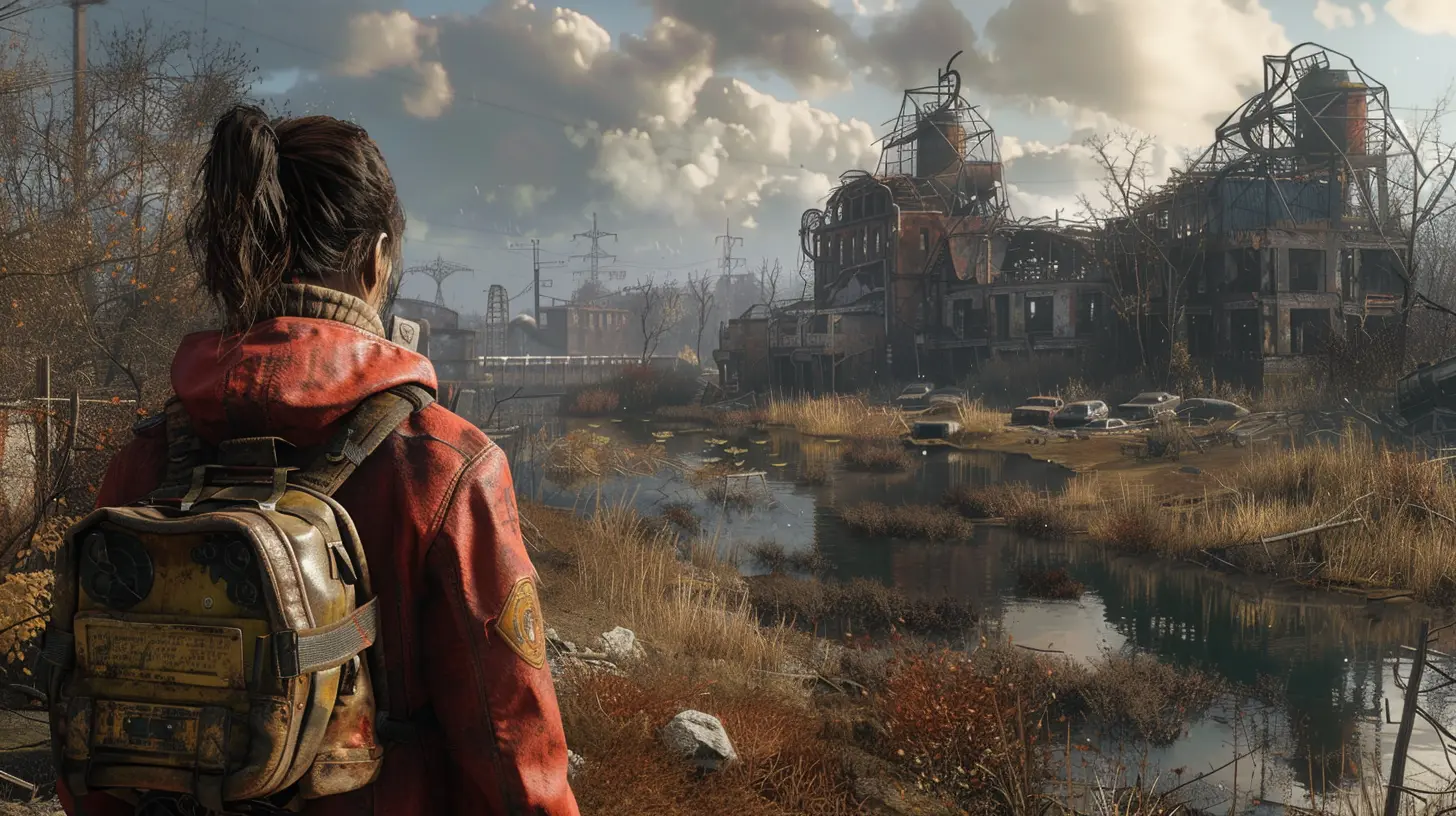
How Mods Keep Games Relevant for Years
While games like Call of Duty or FIFA rely on yearly releases to stay in the limelight, other titles rely on their modding community to keep the spark alive. Just look at Minecraft. The base game itself is a playground of creativity, but slap a modpack like “RLCraft” onto it, and suddenly you’re facing a brutal survival challenge that feels like an entirely different experience.1. Evergreen Communities
Mods don’t just keep players entertained—they foster communities. Forums, Discord servers, and subreddits dedicated to modding pop up around practically every moddable game. These spaces aren’t just where people share their creations, either. They’re also where gamers collaborate, troubleshoot, and hype each other up about the latest projects.The cycle of a thriving modding community means there’s always something new to try. And when there’s always something new, why would anyone walk away from the game?
2. Extending a Game's Shelf Life
If mods didn’t exist, the lifespan of many games would be laughably short. You’d beat the main story, maybe dabble in new game plus, and then move on. But mods flip that script. Games like Skyrim, The Sims, and Fallout: New Vegas are still going strong years (even decades) after their release because the modding community keeps cranking out fresh experiences.A prime example? Doom. The original 1993 game is older than some of the people reading this article, yet its modding scene is still creating jaw-dropping content that brings new life to that pixelated masterpiece.
3. Fixing What Developers Missed
Let’s not dance around the issue: not all games launch perfectly. Sometimes, they’re buggy. Sometimes, developers overlook key features. And sometimes, we gamers just want something different than what was delivered.Enter mods. They fix bugs, add quality-of-life improvements, and enhance games in ways that even patches can’t. In some cases, modders have done what entire dev teams couldn’t. (Looking at you, Cyberpunk 2077 early days.)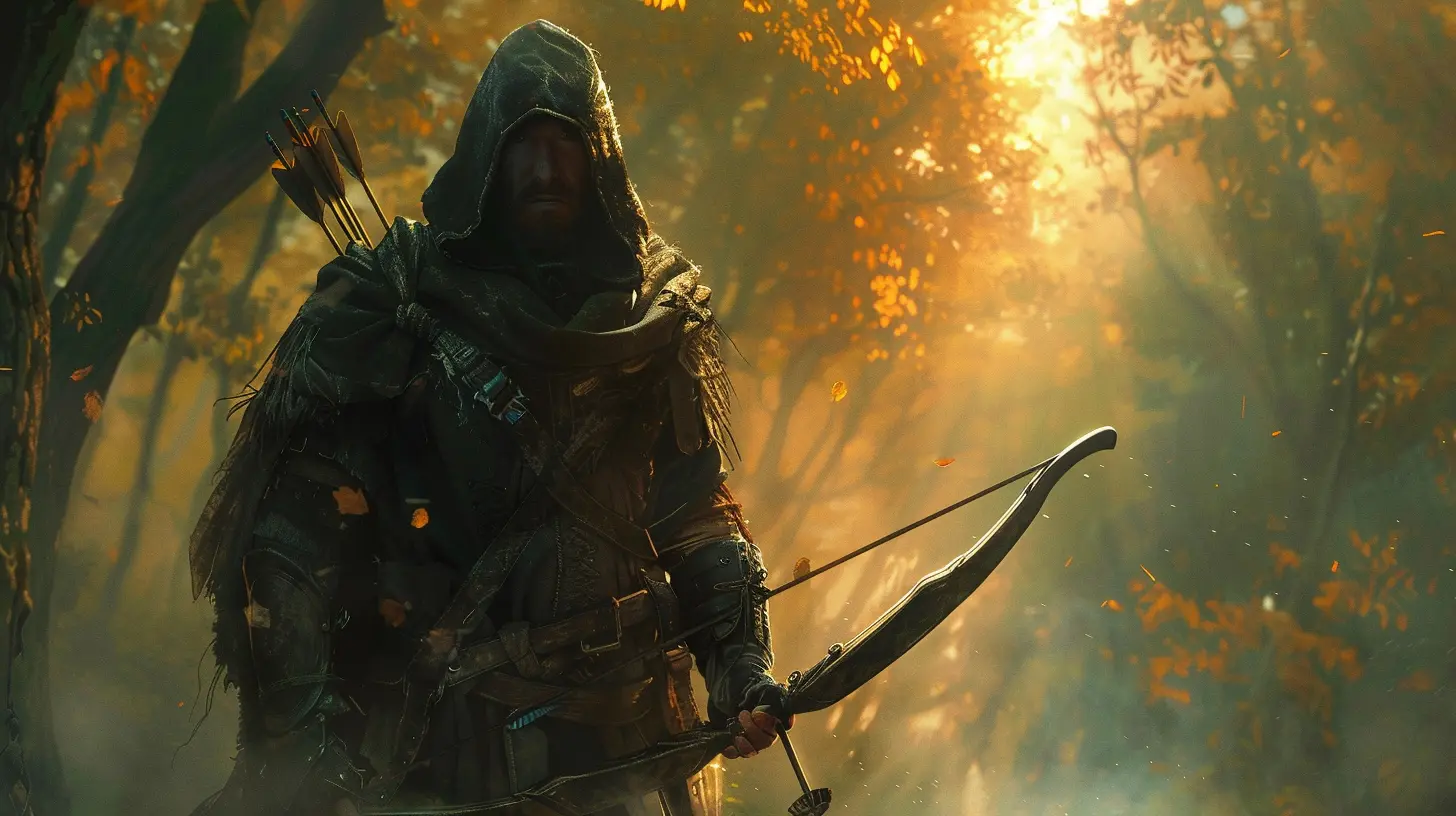
Why Developers Secretly Love Mods
Here’s a little plot twist for you: many developers are actually huge fans of modding. Sure, at first glance, you might think mods would hurt a game’s sales. After all, why release DLC when fans are making their own stuff? But the reality is mods create goodwill and loyalty that money can’t buy.When developers embrace modding, they’re encouraging players to stick around. Modding support shows that a game isn’t just a product—it’s a platform for creativity. Games like Minecraft, Half-Life 2, and Cities: Skylines actively promote modding, and their communities adore them for it. Heck, some of today’s biggest games (PUBG, anyone?) started as mods themselves.
The Barrier to Entry? Surprisingly Low
Before you start thinking, “Mods sound cool, but this seems like some next-level tech wizardry,” let me stop you right there. Installing mods used to be a hassle, sure, but nowadays, it’s ridiculously easy.Steam Workshop has made modding so simple that even your grandma could slap a Thomas the Tank Engine reskin onto a game. Sites like Nexus Mods and ModDB are treasure troves of mods with detailed instructions, while tools like Vortex streamline the installation process.
No degree in computer science required, I promise.
The Bottom Line: Mods Are the Secret MVPs
At the end of the day, mods are like a magic wand for gamers. They rejuvenate old favorites, extend the lifespan of beloved titles, and let us push the boundaries of what’s possible in gaming. Whether you're in it for the new challenges, the hilarious antics, or simply the chance to replay a game with a twist, mods ensure there’s always a reason to keep coming back.So next time you pick up a game you’ve beaten before, don’t shelve it just yet. Dive into the modding community and see what wonders await. Who knows? You might just find a way to fall in love with that game all over again.
all images in this post were generated using AI tools
Category:
ModsAuthor:

Whitman Adams
Discussion
rate this article
2 comments
Zella Vasquez
Absolutely love this! Mods are like a second cup of coffee for gamers—revitalizing and full of surprises! They keep the adventure alive long after the credits roll. Let’s celebrate the creativity of modders that keeps us hooked! 🎮✨
December 5, 2025 at 3:37 AM

Whitman Adams
Thank you! I completely agree—mods truly enhance the gaming experience and unleash endless creativity, keeping the adventure alive long after we've finished the main story! 🎮✨
Darrow Lamb
Because who needs closure, right?
August 19, 2025 at 4:14 AM

Whitman Adams
Closure can be satisfying, but mods offer a new adventure, keeping the excitement alive!
